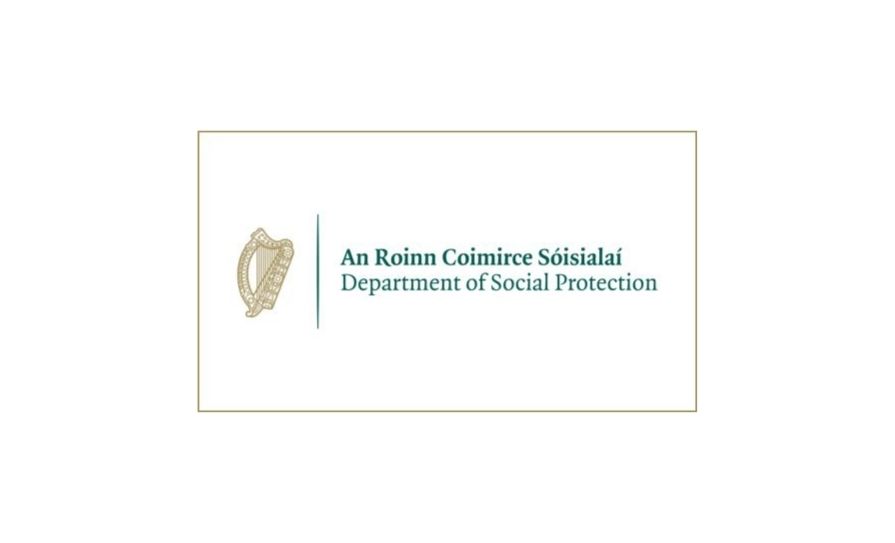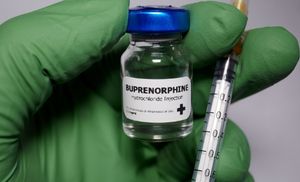The HSE has developed a new procurement plan to overhaul existing “fragmented” procurement processes.
The HSE Corporate Procurement Plan 2022-2024 notes that procurement spend on goods and services accounts for nearly €3.7 billion of the annual expenditure within the HSE budget (€21 billion in 2022).
“Procurement processes and systems are currently fragmented, which impacts on spend visibility, control, and compliance,” according to the document.
It states that public procurement is facing new challenges and is increasingly expected to demonstrate best value for public money in “ever-constricting budgetary environments”.
The challenges are compounded by continuing global supply chain disruption resulting from “pandemics, Brexit, and geo-political factors”.
“Further professionalising the procurement function, improving planning and driving compliance is essential to enable the HSE and funded agencies achieve greater value for money from the collective procurement activities (cash and non-cash benefits) to support reinvestment into providing high quality healthcare and personal social services,” according to the document.
A key priority is to coordinate and collaborate with all HSE organisations to agree a multi-annual procurement plan (MAPP). This would be aligned to the implementation of the HSE Corporate Procurement Plan and include agreement with section 38 and section 39 health sector agencies.
The MAPP is intended to increase and maintain HSE “spend under management” (SUM) to a target of 68 per cent by the end of 2022 and a target of 85 per cent by the end of 2024. SUM is the amount of spend managed by procurement out of total company spend. It is also the aim to improve SME participation through the HSE MAPP pipeline of upcoming tenders that will be published each quarter (from quarter three 2022 onwards) to inform SMEs and “micro-enterprises” of upcoming opportunities in advance of tender publication.
The document notes that delivering on the plan, including achieving the compliance targets, requires collaboration with the Office of Government Procurement (OGP) to progress the execution of the MAPP for non-health categories for which the OGP is responsible.
Another priority is to apply appropriate procurement processes, award criteria, and weighting to support “innovation, social inclusion, economic, and environmental sustainability priorities into all procurement processes” with effect from the end of this year. “Deliverables” in the area for next year will be set out within the imminent HSE Climate Action Strategy.
A bespoke corporate procurement plan/procurement compliance improvement programme is to be developed in collaboration with each participating health service organisation to assist them in becoming compliant with legal and regulatory policy and corporate governance obligations. Each organisation’s programme will be supported and managed using the available electronic toolset to support corporate procurement planning (eCPP). The target is to achieve compliance of 100 per cent usage of the eCCP toolset for procurement planning by Hospital Groups and Community Healthcare Organisations by the end of this year, with continued roll-out across health organisations to take place in 2023.
It is also a priority to support “e-health and disruptive technologies to deliver a major programme of digital health system replacement” in the wake of last year’s cyberattack on the HSE.
As part of ongoing digital transformation efforts within the HSE, new systems, applications, and tools will be made available to support HSE staff in executing procurement activities. One example is the long-delayed integrated financial management system (IFMS). The HSE is currently implementing a finance reform programme, of which the IFMS forms a key part.
The current aim is for over 80 per cent of expenditure to be transacted through the IFMS by 2025. A target operating model to support the IFMS will include “self-service procurement for purchases below €25,000; and procurement shared services for strategic sourcing above €25,000”.
It is also important to ensure new systems that have procurement-related capabilities, such as the national estates information system, are fully aligned and consistent with a new finance operating model and the IFMS target operating model.
An oversight group will monitor and drive the implementation of the plan. The group is to consist of senior leaders from the HSE, representatives from section 38 and 39 organisations, the Department of Health, and the Department of Public Expenditure and Reform. Meeting quarterly, the group will monitor and report on progress in terms of delivering on the priorities identified.
“The significant pressure on services is acknowledged as a key risk,” according to the document.
This will be “mitigated” by additional supports, including the recruitment of 20 procurement compliance business analysts.













Leave a Reply
You must be logged in to post a comment.